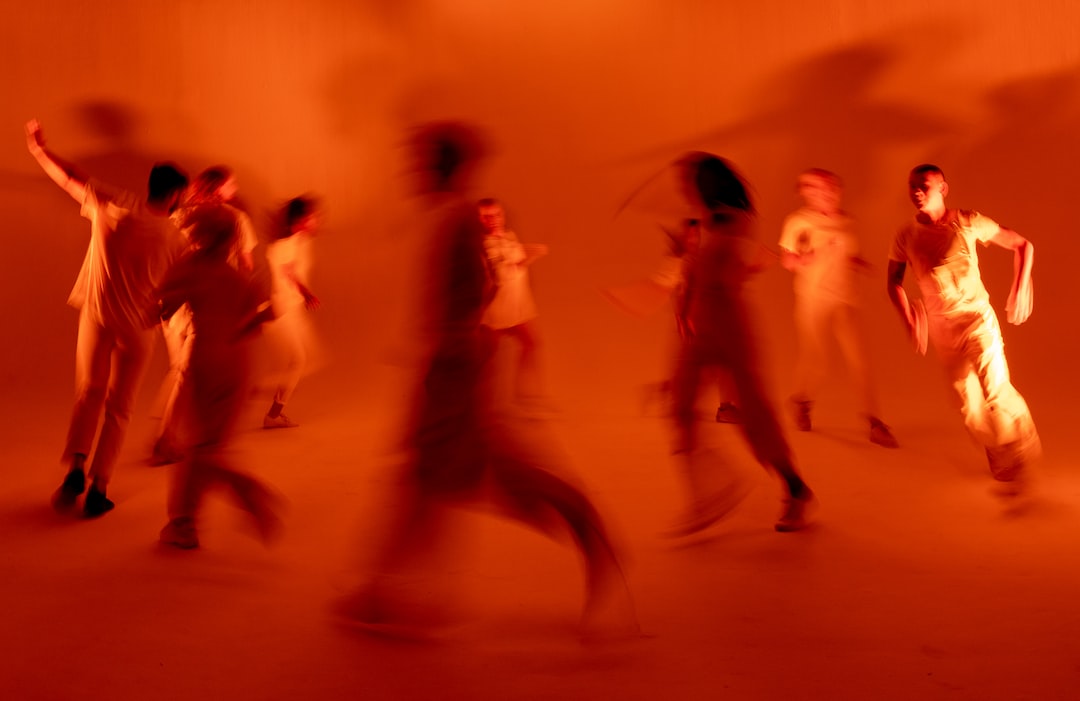When Athletics and Education Collide: How Student-Athletes Balance Their Responsibilities
Being a student-athlete is no easy feat. It requires juggling the demands of two equally important aspects of life – athletics and education. From early morning practices and workouts to late nights studying for exams, student-athletes face a unique set of challenges that require exceptional time management and dedication.
One of the biggest challenges that student-athletes face is finding a balance between their athletic commitments and their academic responsibilities. On one hand, they have to dedicate long hours to training, practices, and competitions, which can take a toll on their energy and leave little time for studying and completing assignments. On the other hand, they cannot afford to neglect their academics as they are required to meet certain academic standards in order to participate in their sport.
To manage these responsibilities effectively, student-athletes often develop strategies and routines that help them stay on top of both their sports and academics. Time management becomes their best friend as they learn to prioritize tasks and create a schedule that allows them to allocate time for both their athletic and academic commitments. This can involve setting aside specific hours each day for studying, taking advantage of free periods or breaks during school to complete assignments, and making the most of any downtime they have during training or travel.
Another important aspect of balancing athletics and education is having a strong support system in place. Student-athletes often rely on their coaches, teammates, and family members for guidance and support. Coaches can help in scheduling practices and training sessions in a way that does not interfere with their academic commitments, while teammates can provide a network of support in terms of sharing study materials and providing motivation during stressful times.
In addition, universities and schools also play a crucial role in supporting student-athletes in their pursuit of both athletics and academics. Many institutions have academic support centers specifically designed to help student-athletes manage their classes, assignments, and exams alongside their sport. These centers may provide services such as tutoring, study skill development, and academic advising tailored to the needs of student-athletes.
While the demands of balancing athletics and education can be overwhelming at times, being a student-athlete also brings numerous benefits. Participating in sports helps student-athletes develop discipline, teamwork, and time management skills, which can be transferred to other areas of life. Additionally, many student-athletes enjoy the challenge of balancing both aspects and find that it enhances their overall college experience.
In conclusion, being a student-athlete requires exceptional dedication and time management skills. Balancing the demands of athletics and education can be challenging, but with proper support, planning, and prioritization, student-athletes can successfully manage both responsibilities. The lessons learned and skills developed through this balancing act can serve student-athletes well beyond their college years.

